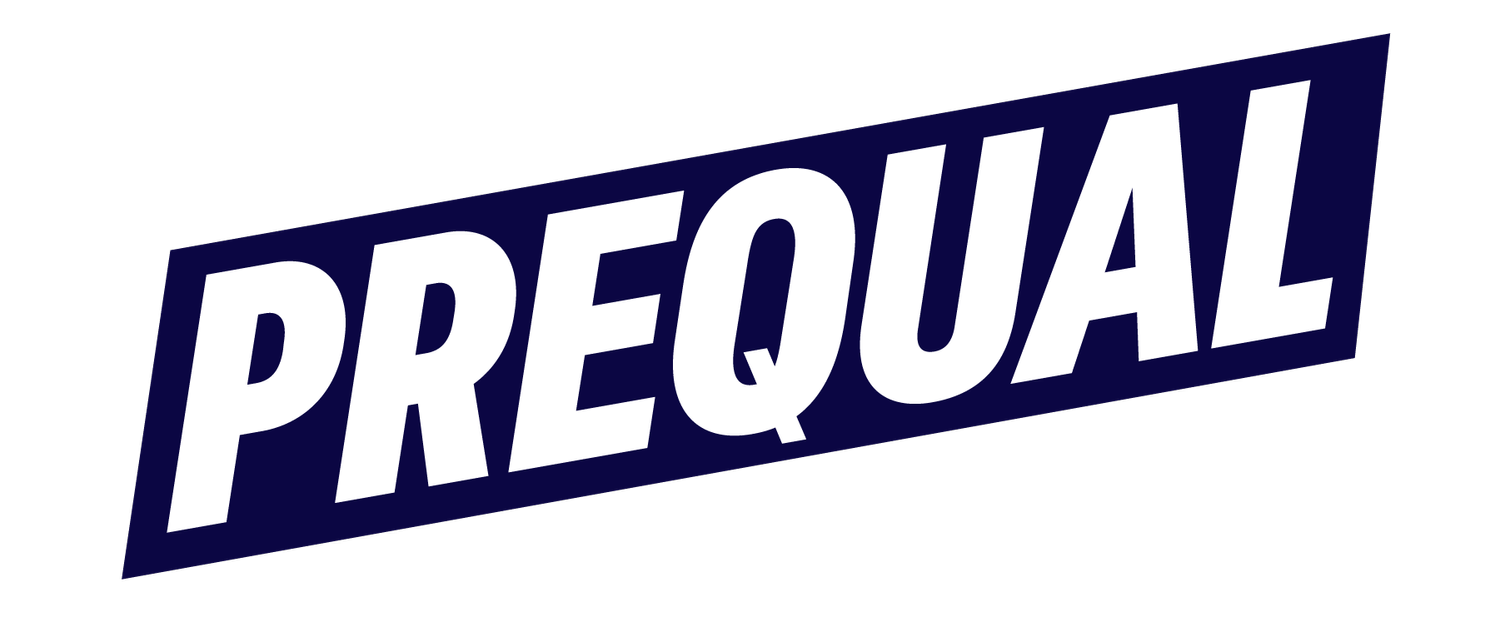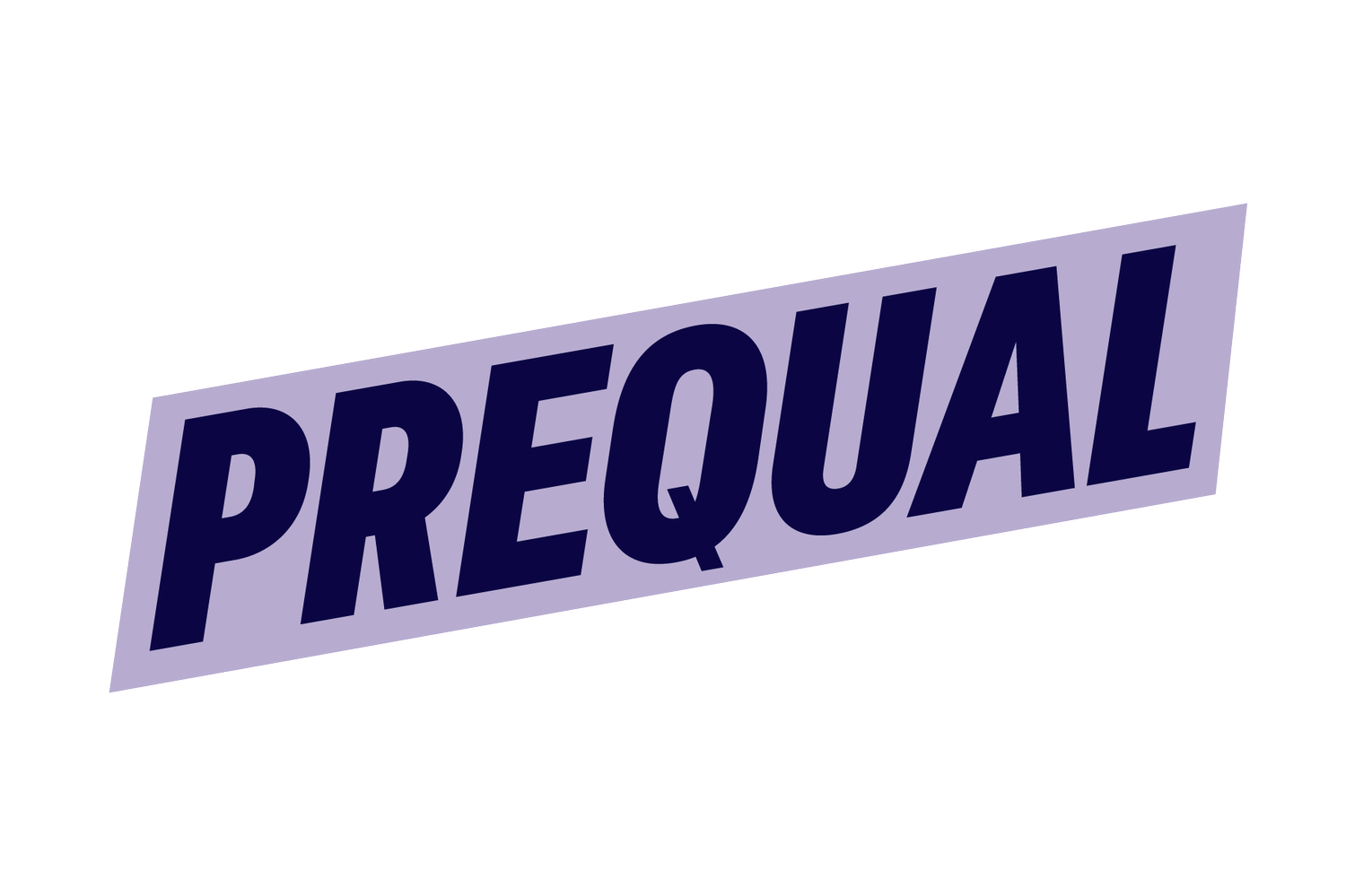10 Signs of a Red Flag Client
Navigating client relationships is crucial to running a successful business, but not all potential clients are worth investing your time and expertise. Recognizing red flags early on can save you from headaches down the road. Here are 10 warning signs to watch out for when dealing with potential clients.
Constant Late Payments: If a client consistently delays or fails to make payments on time, it can be a red flag for potential financial instability or lack of respect for your business.
Frequent Scope Creep: If a client frequently requests additional work or changes to the project scope without adjusting the agreed-upon terms or budget, it may indicate a lack of clear communication or respect for boundaries. Harvard Business Review shares how unchecked scope creep is one of the top reasons projects fail.
Unreasonable Demands: Clients who consistently make unrealistic or excessive demands without considering the limitations or feasibility of your services may cause unnecessary stress and strain on your team.
Lack of Communication or Responsiveness: If a client consistently fails to respond to emails, calls, or requests for information in a timely manner, it can hinder progress, lead to delays, and indicate a lack of commitment to the project.
Unprofessional or Disrespectful Behavior: If a client behaves unprofessionally, such as using inappropriate language, disrespecting you or your team, or displaying a lack of appreciation for your expertise, it can create a toxic work environment.
Inconsistent or Unreliable Communication: Clients who frequently change their requirements, fail to provide clear instructions, or demonstrate a lack of clarity in their communication may lead to misunderstandings, inefficiencies, and dissatisfaction for both parties involved.
Constantly Requesting Discounts or Negotiating Lower Rates: While occasional negotiations are expected, clients who consistently haggle over prices or undervalue your services may indicate a lack of respect for your expertise and the value you bring to the table.
Excessive Micromanagement: Clients who excessively scrutinize and micromanage every aspect of the project, leaving little room for your professional judgment or expertise, can create an unhealthy and unproductive working relationship.
Frequent Scope Changes Without Adjusting Deadlines: If a client frequently changes project requirements or adds new deliverables but expects the original deadlines to be met, it can lead to increased stress, compromised quality, and potential burnout for your team.
Lack of Clear Goals or Unrealistic Expectations: Clients who have vague or unclear project goals or harbor unrealistic expectations without proper guidance or understanding of the project's limitations can set the stage for disappointment and dissatisfaction.
Keep in mind that these scenarios should serve as warning signs, and it's essential to assess each situation individually. Trust your instincts and consider whether the potential client's behavior aligns with your business values and is conducive to a healthy and productive working relationship.
Remember: You’re allowed to say no. If any of these red flags show up in your next client conversation, trust your gut—and your standards.
Not sure how to walk away without burning a bridge? Check out our 3 Scripts to Use to Break Up with a Problem Client to help you do it with grace and clarity.


